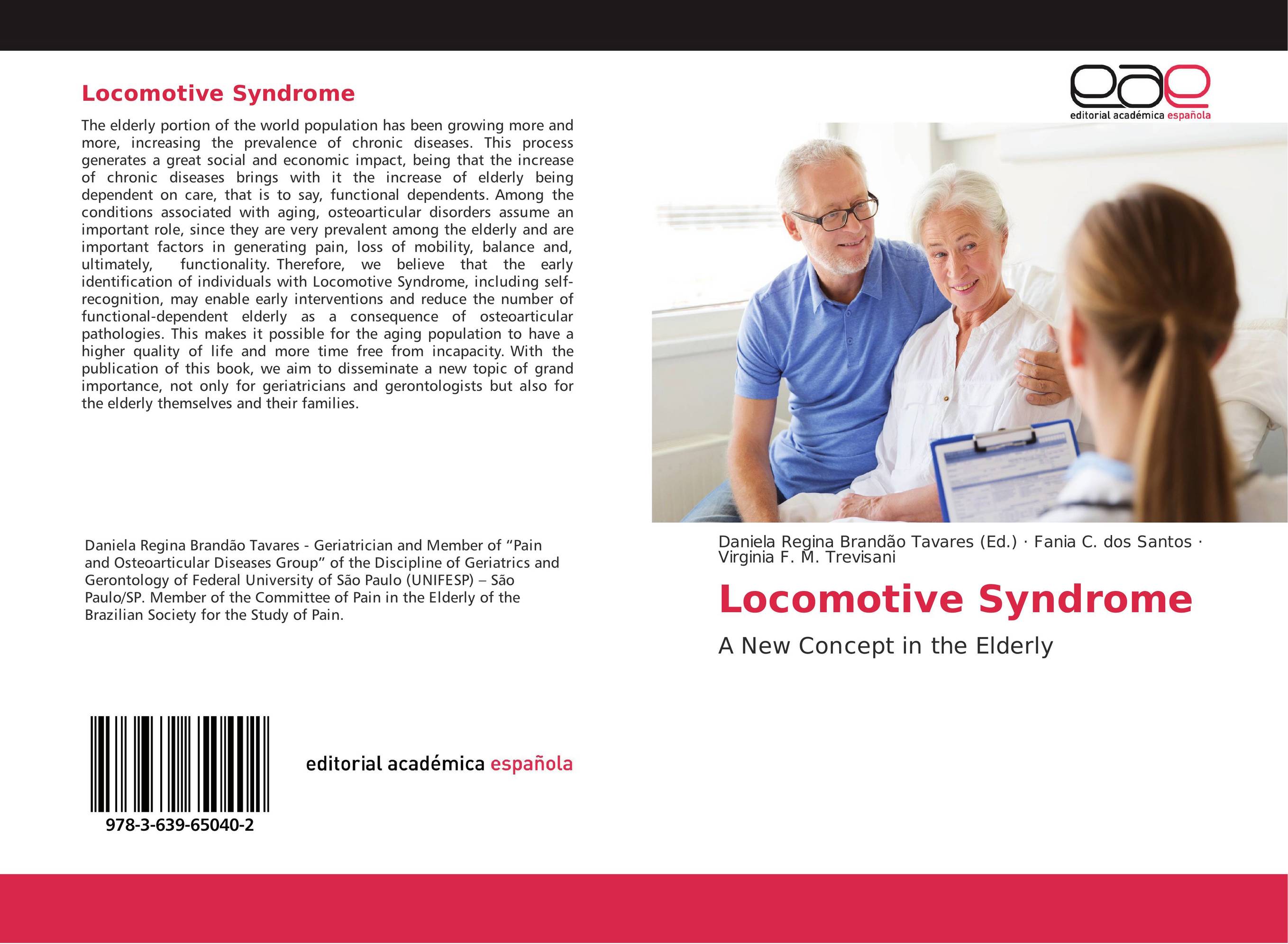| Поиск по каталогу |
|
(строгое соответствие)
|
- Профессиональная
- Научно-популярная
- Художественная
- Публицистика
- Детская
- Искусство
- Хобби, семья, дом
- Спорт
- Путеводители
- Блокноты, тетради, открытки
Locomotive Syndrome. A New Concept in the Elderly

В наличии
| Местонахождение: Алматы | Состояние экземпляра: новый |

Бумажная
версия
версия
Автор: Daniela Regina Brand?o Tavares,Fania C. dos Santos and Virginia F. M. Trevisani
ISBN: 9783639650402
Год издания: 2017
Формат книги: 60×90/16 (145×215 мм)
Количество страниц: 60
Издательство: Editorial Acad?mica Espa?ola
Цена: 15465 тг
Положить в корзину
| Способы доставки в город Алматы * комплектация (срок до отгрузки) не более 2 рабочих дней |
| Самовывоз из города Алматы (пункты самовывоза партнёра CDEK) |
| Курьерская доставка CDEK из города Москва |
| Доставка Почтой России из города Москва |
Аннотация: The elderly portion of the world population has been growing more and more, increasing the prevalence of chronic diseases. This process generates a great social and economic impact, being that the increase of chronic diseases brings with it the increase of elderly being dependent on care, that is to say, functional dependents. Among the conditions associated with aging, osteoarticular disorders assume an important role, since they are very prevalent among the elderly and are important factors in generating pain, loss of mobility, balance and, ultimately, functionality. Therefore, we believe that the early identification of individuals with Locomotive Syndrome, including self-recognition, may enable early interventions and reduce the number of functional-dependent elderly as a consequence of osteoarticular pathologies. This makes it possible for the aging population to have a higher quality of life and more time free from incapacity. With the publication of this book, we aim to disseminate a new topic of grand importance, not only for geriatricians and gerontologists but also for the elderly themselves and their families.
Ключевые слова: elderly, mobility, pain, locomotive syndrome, GLFS-25



